Parrots are known for their vibrant colours, intelligence, and engaging personalities. These beautiful birds thrive on a varied diet that includes fruits, vegetables, nuts, and seeds. However, not all fruits and vegetables are safe for parrots. Some can be toxic and even deadly. This article highlights the top five fruits and vegetables that parrot owners should avoid to keep their feathered friends healthy and safe.
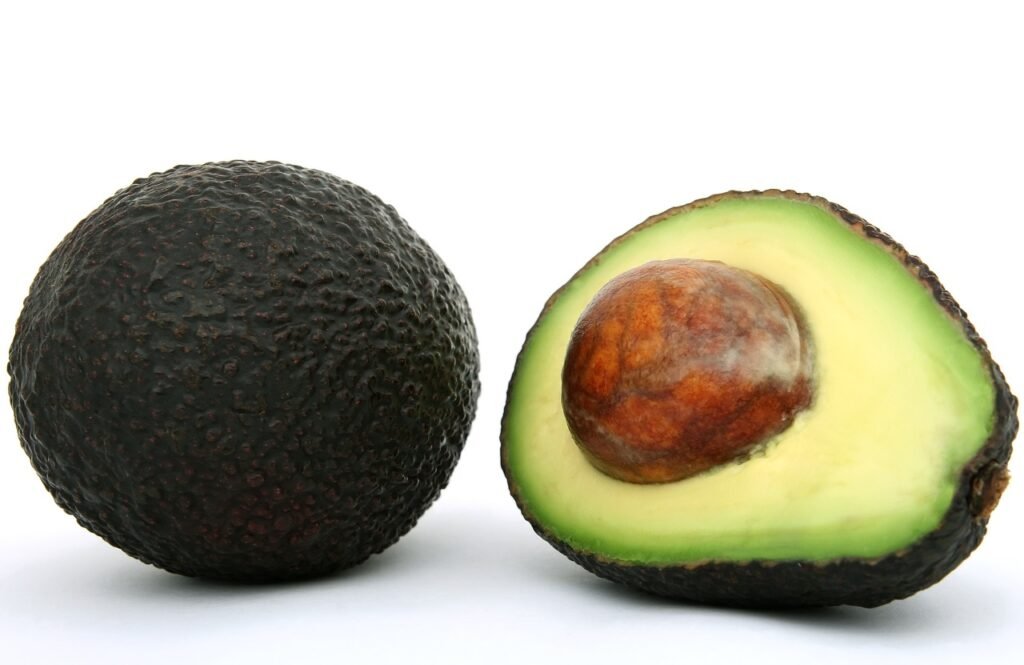
Avocado contains a substance called persin, which is highly toxic to parrots and other birds. Even small amounts can cause serious health issues, including respiratory distress, heart failure, and sudden death.
Dr. Laurie Hess, a board-certified avian veterinarian, states, “Avocado is one of the most dangerous foods for birds. Just a tiny piece can cause severe toxicity and potentially fatal outcomes.”
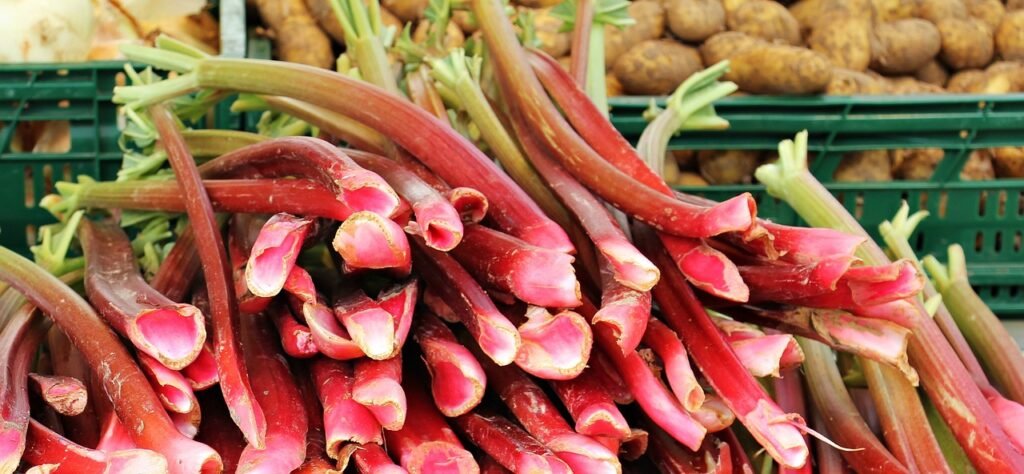
Rhubarb leaves contain oxalic acid, which is toxic to parrots. Oxalic acid can cause kidney failure and other severe health problems in birds.
Dr. Peter Sakas, an avian specialist, warns, “Rhubarb leaves are highly toxic to birds. It’s crucial to ensure that parrots never have access to this plant.”
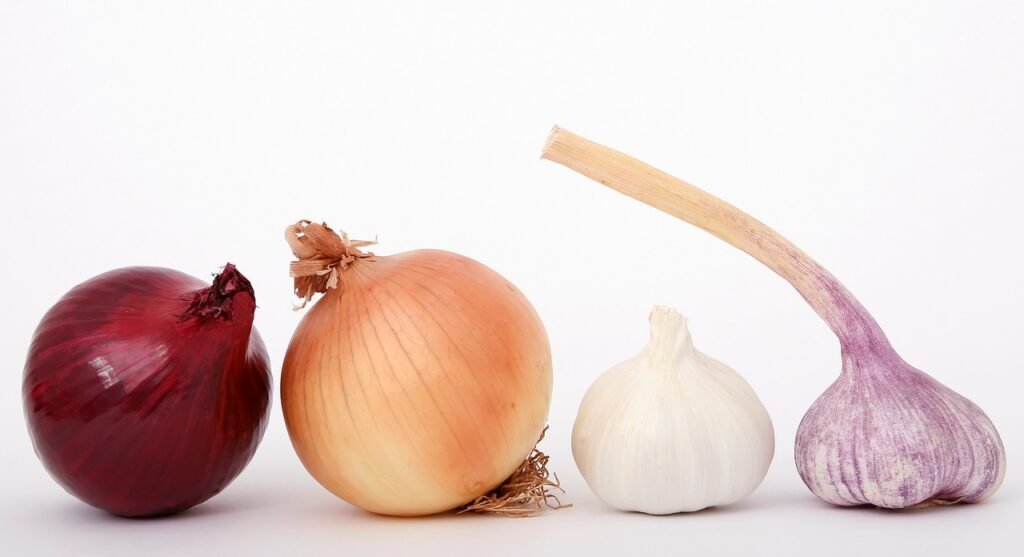
Onions and garlic contain compounds called thiosulfates, which can damage red blood cells in parrots, leading to a condition called hemolytic anemia. This condition can be fatal if not treated promptly.
Dr. Karen Becker advises, “Even small amounts of onion and garlic can cause serious health issues in birds. It’s best to avoid these foods entirely.”
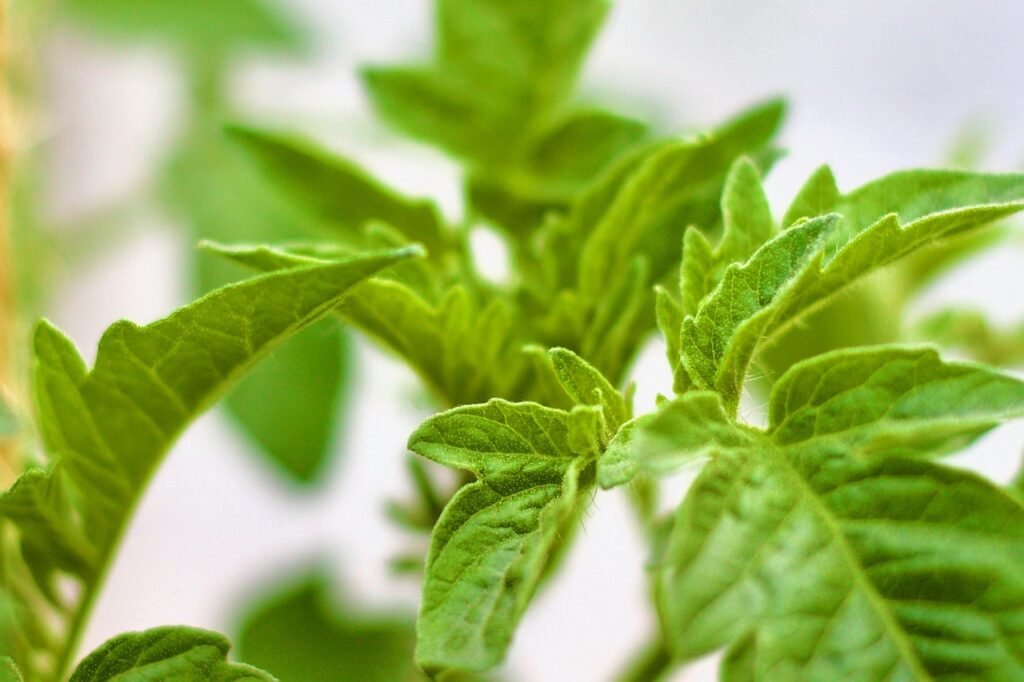
While the ripe fruit of the tomato is generally considered safe for parrots, the leaves, stems, and unripe green tomatoes contain solanine, a toxic substance that can cause serious health problems in birds.
Dr. Heather Barron, an avian veterinarian, states, “Tomato leaves and stems should be kept away from parrots, as they contain solanine, which can be very harmful.”
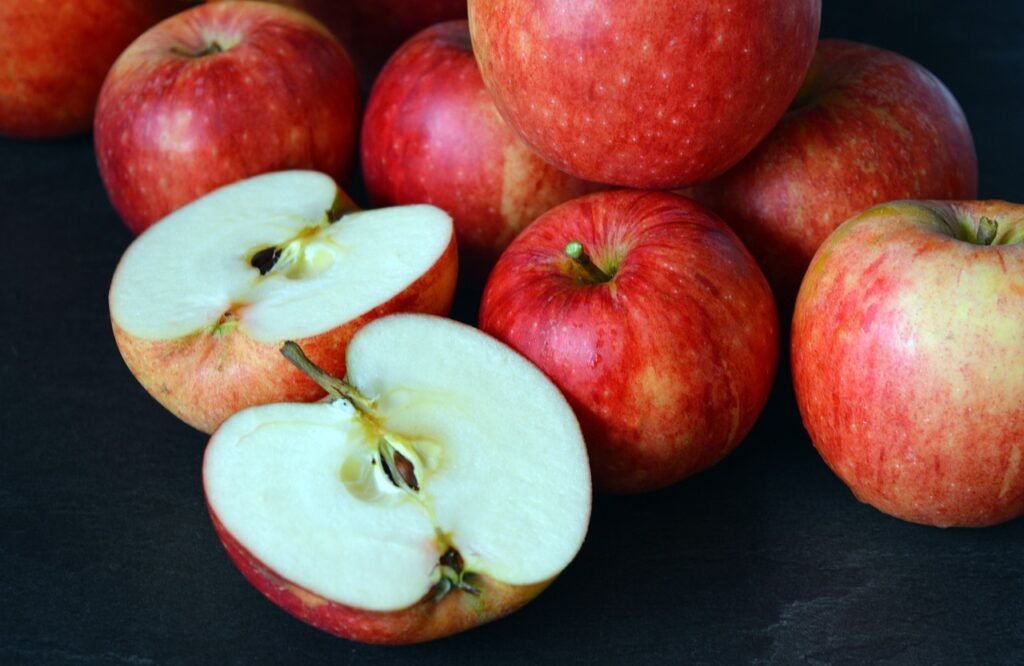
Apple seeds contain cyanogenic glycosides, which can release cyanide when chewed and ingested. Cyanide is a potent toxin that can interfere with the ability of cells to use oxygen, leading to respiratory failure and death.
To ensure the health and safety of your parrot, it’s essential to be aware of the foods that can be toxic to them. Here are some general tips:
Parrots rely on their owners to provide a safe and nutritious diet. By avoiding these five dangerous fruits and vegetables you can help ensure your parrot remains healthy and happy. Always stay informed and vigilant about what you feed your feathered friend, and consult with avian veterinarians when in doubt.
